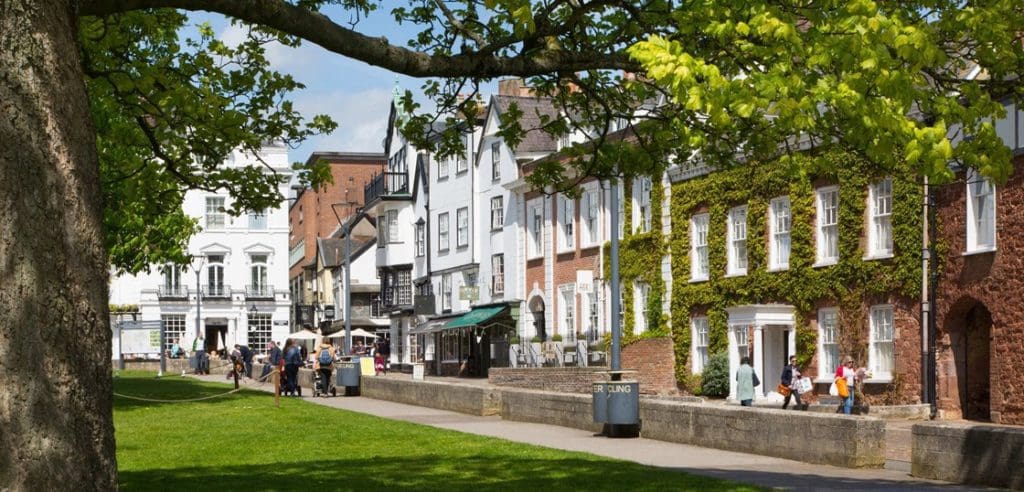
Moving to a new place always requires a lot of thought, no matter where you go. With many individuals and their families, from across the globe, continuing to make the move to Exeter every day, SITU Serviced Apartments wanted to provide an insight into the ins-and-outs of living here.
The key to making any move is finding out the essentials and in this overview, we detail all there is to know about moving to Exeter. This includes information on the cost of living, where the local schools and hospital are, how to get around and the local economy.
What To Expect…
Quality of Life
There is no mistaking that both Exeter and Devon have been regarded as the best places in the UK to live consistently over the last few years. A report produced by Arcadis found that Exeter outscored every other British city in terms of quality of life. This took into account aspects such as mortality rates, cost of living, the amount of green space and crime rate. What’s more, the city ranks amongst the top ten for infrastructural performance. This sees Exeter score well in regard to ultrafast broadband access, public transport, and traffic congestion.
Furthermore, the most recent safety report (‘How Safe is Your City?’) on UK cities found that Exeter was also one of the top ten safest in England and Wales. Feeling safe and secure in a new place is vital for anyone. Results such as these put new arrivals to Exeter at immediate ease.
However, if anything serious were to happen, the headquarters of Devon and Cornwall Police is just on edge of the city along Sidmouth Road. Exeter also has several hospitals based across the city, which provide a range of healthcare services. These centres offer specialist cancer, mental health, psychological and mobility services. The two biggest are the Royal Devon and Exeter Hospitals based in Heavitree and Wonford, of which the latter has a 24-hour Emergency Department.
Schools
Of course, one of the first things for families to consider when relocating is the welfare of their children. Picking an appropriate school is, therefore, very important.
According to www.gov.uk, there are forty-three schools in the Exeter area. Schools here cover the education of children of all ages. Nine of these, including the likes of Exeter College, Exwich Heights Primary School and Stoke Hill Infants and Nursery, have all received an ‘Outstanding’ Ofsted rating in their most recent inspections. It is worth visiting the gov.uk website for more information on all of Exeter’s educational facilities, which includes data on overall performance, absences and staff workforce.

Also, hard to miss is perhaps the biggest institution in the city, the University of Exeter. It plays a huge role in attracting over 20,000 students to reside in the city, as one of the highest-ranked universities in the UK. A massive range of available degrees entices students from across the world to visit the city, with many of them also choosing our Exeter serviced apartments as a place to stay throughout their studies.
Public Transportation
It is good to also know first that Exeter boasts fantastic transportation links. Entry into the city centre is simple with the city being intersected by the A377 from the north to the A30 in the south. Exeter also sits just where the M5 ends in the south. The M5 runs as far as Bristol before connecting to the M4. For live traffic updates in Exeter and across the South West, visit the Highway's Agency website.
However, there is no hiding from the fact that any city can fall victim to car traffic. Exeter is, therefore, very well-equipped with many running bus services. In fact, there are around seven hundred bus stops covering the area, supporting countless routes in and around the city.
Stagecoach South West is the main bus operator in Exeter, which accompanies National Express, the biggest operator of longer-distance coach services in the city. If you are moving to Exeter as a keen bus-user, it is worthwhile investing in a PlusBus ticket. This ticket enables unlimited bus travel across participating operators’ (including Stagecoach) services across the entire urbanity of Exeter.
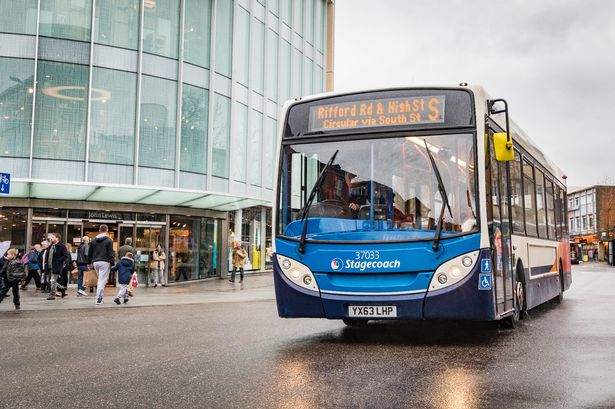
Just outside the city centre is Exeter International Airport (EXT), voted in recent years as the ‘happiest’ airport in regard to customer satisfaction. Most importantly, the airport handles the travel of around one million passengers each year to destinations all over the globe. The airport is only a five-minute car journey from both the city centre and the M5 motorway. Furthermore, Digby & Sowton, Cranbrook, Exeter Central and Exeter St. Davids train stations are no further than ten minutes away by car too.
Introducing Exeter
The city of Exeter and its 130,000 population are based in Devon in the South West of England. Its significance as the heart of the county is magnified by the intersecting River Exe. It is Devon’s largest and flows from the English Channel in the south right through to Exmoor to the north. The area furthermore segregates itself from the rest of the county thanks to the 2000-year-old city wall.
Much of the appeal of Exeter also comes from its rich history. It all began for Exeter as a Roman town as early as 50AD. The land was used in a bid to become an administrative centre of the region. Throughout the trials and tribulations of the following centuries, it was the famous cathedral, built in the eleventh century that maintained Exeter’s powerful status.
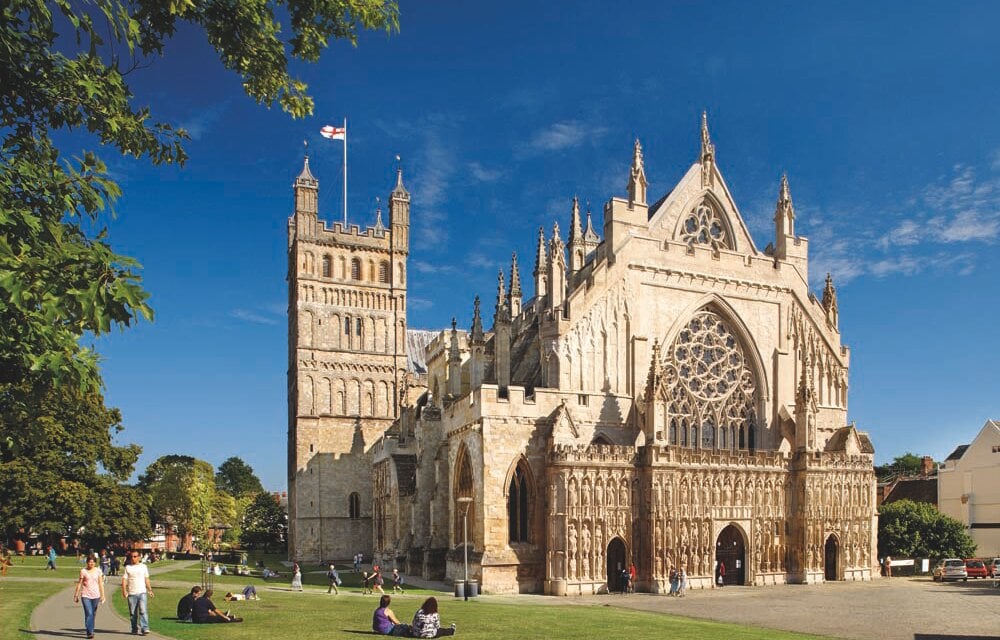
The historic structure epitomises the city’s heritage. Demolished and rebuilt on several occasions throughout its 950-year history, today it still stands as one of the UK’s greatest cathedrals and finest examples of Gothic architecture. Naturally, the historic site attracts its own following of tourists, of which many opt to stay SITU’s Exeter city apartments nearby.
Alongside the cathedral though, there are many other attractions which display Exeter’s fine history. History enthusiasts could visit the Royal Albert Museum, Exeter’s Underground Passages or even the Guildhall on the High Street. Worth doing too is taking the Red Coat Guided Tour. They are a great way for those moving to Exeter to learn more about the city’s past when they initially arrive here.
Business & Economy
The economy of Exeter rightly catches the eye of those looking to migrate, especially for business people. Exeter leads over Plymouth and Torquay as the largest urban centre in rural Devon, home to over 4,000 registered businesses. The city has also continued to be amongst the top ten cities for Gross Value Added, and this trend is only set to continue.
It is for reasons such as these that around 35,000 commuters travel to Exeter every day. Many hope their newfound work will allow them to take advantage of both the average city centre footfall of over 1.3 million people each month, as well as a recent £500 million investment into the area. It comes as no surprise that the city is listed as the fifth lowest in the UK for unemployment. Evidently, those moving to Exeter have every opportunity of enhancing or changing their career path.
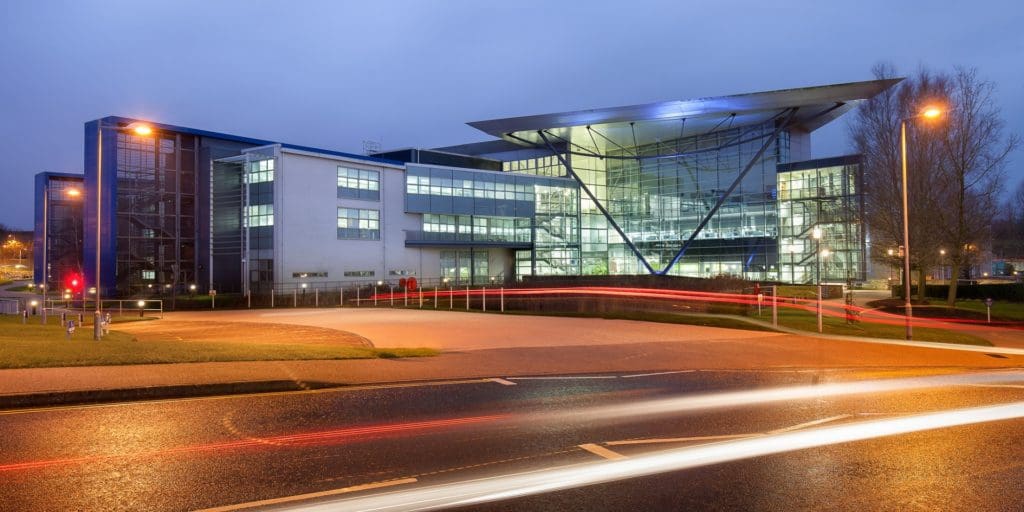
The commitment of mass employers to situate themselves here, such as the Met Office, Pennon Group PLC and Flybe, proves the capability of the local business climate. Moreover, it encourages more and more businesses to relocate here. This has meant a significant population continue to opt to book stays in SITU’s Exeter corporate accommodation.
The Beauty of Exeter
Exeter is defined by more than just its booming economy though. Moving to Exeter also means moving to a city full of natural beauty. As well as the lovely historic sites we have already mentioned, Exeter’s own unique attractions such as the iconic Quay, help express its own distinctive character. The beautiful Exeter Quayside is one of the most attractive destinations in the city. It plays host to thousands of tourists and locals alike all year round. The array of eclectic cafes, restaurants and pubs along the Quay help create a great atmosphere, perfect for those dipping a toe into life in Exeter.
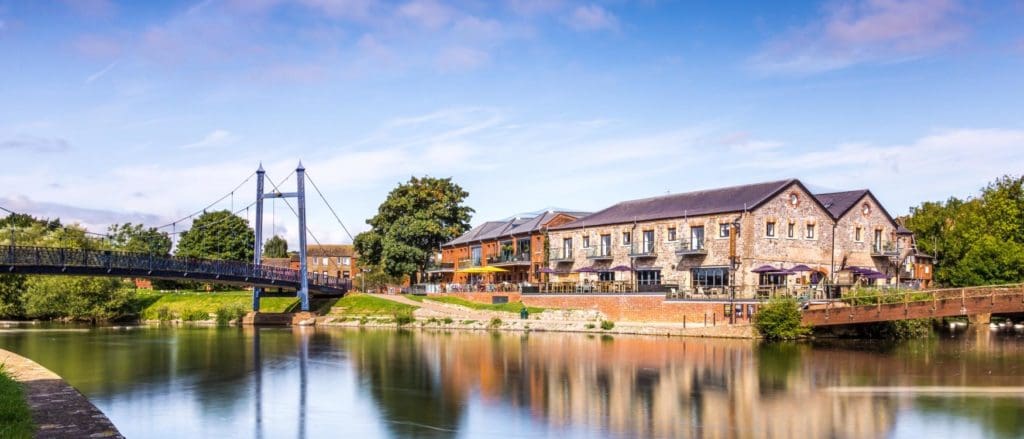
Great Outdoors
There are plenty of green spaces across Exeter too, ideal for those looking for day-out ideas. On the outskirts of the city centre, there is Mincinglake Valley Park, Riverside Valley Park, the picturesque Pinces Gardens, Bury Meadow Park and many more. They mix well with Exeter’s urban scene to create an environment blessed with diversity.
To fulfil your greater outdoors fix even further, you could travel not too far beyond the area. Why not spend the day visiting the coastal towns of Dawlish Warren, Exmouth or Sidmouth? They are all no further than a forty-five minutes drive away.
Alternatively, perhaps the most popular attractor of tourists to Devon is Dartmoor National Park. Covering almost 1,000 square kilometres, the Park has so much to offer for families, particularly those who are hiking enthusiasts. You may end up having to drive a few extra miles, but the day-out is completely worth it. It could involve starting with a lovely stroll along the beautiful moors before finishing with some food and drink in a classic Devonshire pub or restaurant.
Ultimately, there is something for everyone who decides on moving to Exeter. The amazing green spaces and outdoor attractions are just the tip of the Exeter iceberg, which is shaped to accommodate anyone, whether they are relocating for business or leisure. A rich history, a functional public transportation system and a promising economy are just some of the reasons why thousands of people move to the city and stay in our Exeter serviced accommodation each year.
For more information about moving to Exeter or about SITU’s fantastic range of Exeter serviced apartments, visit our website or give a member of our team a call at +44 (0)1392 690 079.

Related
Comments
Comments are disabled for this post.



 to add an item to your Itinerary basket.
to add an item to your Itinerary basket.





